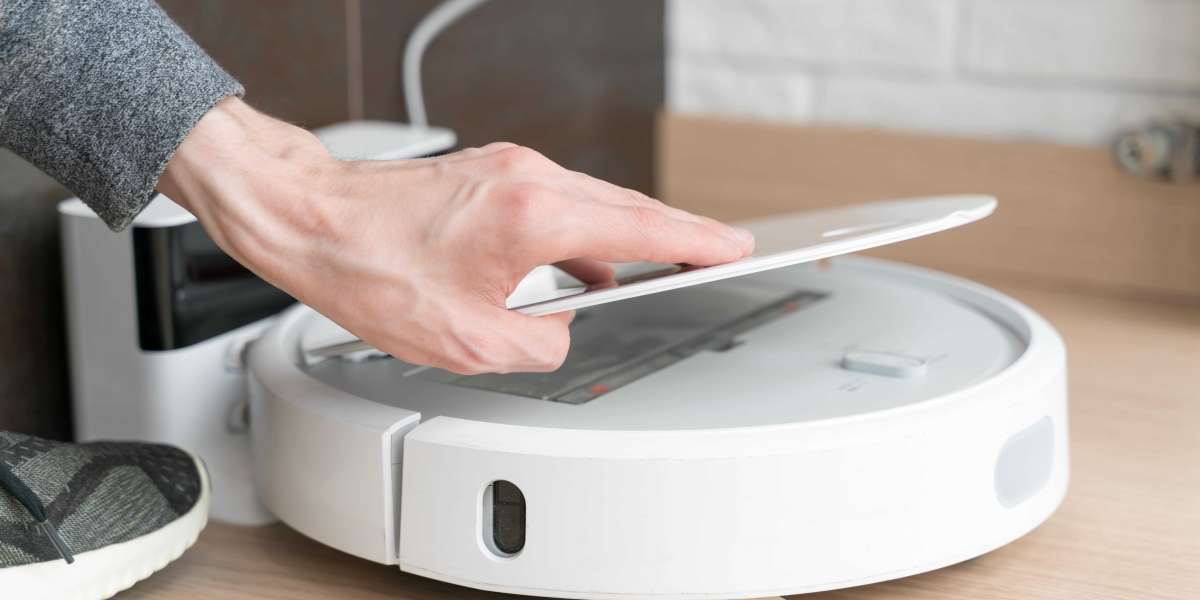When it comes to powering your 3000 watt inverter, selecting the right battery is crucial for optimal performance and longevity. In this guide, we will explore the key factors to consider when choosing the adequate battery for your power needs.
Understanding Your Power Requirements
Before diving into the world of batteries, it's essential to have a clear understanding of your power requirements. The 3000 watt inverter is capable of delivering a substantial amount of power, but the type of battery you choose will depend on how you intend to use that power. Are you looking for a battery to support occasional power outages, or do you need a reliable source of backup power for continuous use in off-grid applications?
For intermittent use, a deep cycle battery may be sufficient, while continuous use may require a more robust solution such as a lithium-ion battery. Understanding your specific power needs will guide you in selecting the right battery for your 3000 watt inverter.
Factors to Consider When Choosing a Battery
When evaluating different battery options, several key factors come into play. These include capacity, voltage, cycle life, and the ability to handle high discharge rates. The capacity of a battery is measured in ampere-hours (Ah) and indicates how much energy the battery can store. For a 3000 watt inverter, you will need a battery with a high enough capacity to meet your power requirements.
Additionally, the voltage of the battery must match the input requirements of your inverter. Most 3000 watt inverters operate on a 12V or 24V system, so it's essential to choose a battery with the corresponding voltage.
Types of Batteries for 3000 Watt Inverters
There are several types of batteries commonly used with 3000 watt inverters, each with its own set of advantages and limitations. Lead-acid batteries, including flooded, gel, and AGM (absorbent glass mat) varieties, are a popular choice due to their affordability and availability. However, they may have a shorter cycle life and require regular maintenance.
Lithium-ion batteries, on the other hand, offer a longer cycle life, higher energy density, and lighter weight, making them an attractive option for demanding applications. While they come at a higher initial cost, their long-term performance and reduced maintenance make them a compelling choice for many users of 3000 watt inverters.
Optimizing Battery Performance
Once you've selected the right battery for your 3000 watt inverter, there are several steps you can take to optimize its performance and extend its lifespan. Proper charging and discharging practices, regular maintenance, and ensuring adequate ventilation and temperature control are all essential for maximizing the efficiency and longevity of your battery.
By following these best practices, you can ensure that your battery operates at its full potential, providing reliable power for your 3000 watt inverter over the long term.
Conclusion
Choosing the right battery for your 3000 watt inverter is a critical decision that can significantly impact the performance and longevity of your power system. By understanding your power requirements, evaluating key factors, exploring different battery types, and optimizing battery performance, you can make an informed choice that meets your specific needs and ensures reliable power when you need it most.








